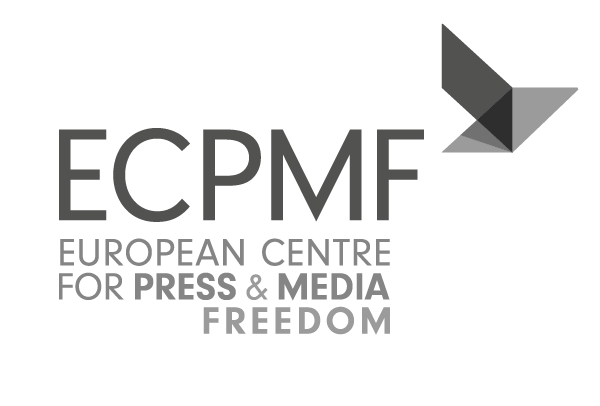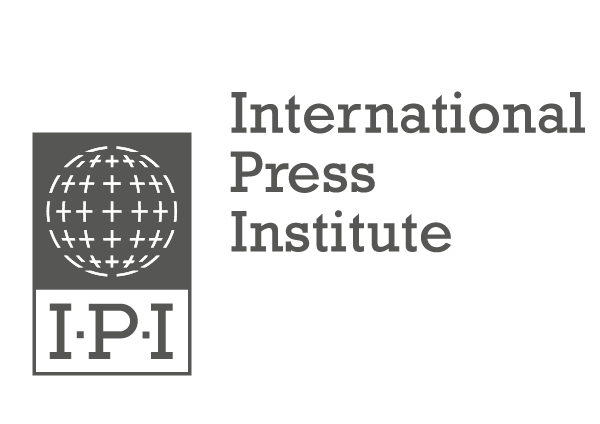
Sajid Hussain. Photo courtesy of Baluchistan Times
By Camille Petit and Jane Whyatt
Mystery surrounds the disappearance and death of Sajid Hussain Baloch, whose body was recovered from the river Fyris near Uppsala in Sweden on 23 April. Foul play cannot be ruled out, according to police spokesperson Jonas Eronen, who says “There are four possible lines of inquiry:crime, illness, accident of suicide.” But an initial autopsy was inconclusive. Forensic experts are continuing to investigate the cause of death and the reason for the 39-year-old journalist’s disappearance.
This much is known: Sajid Hussain took a train from the capital Stockholm to Uppsala on 2.March. He got the key to his room in the university hostel from the concierge, dropped off his bag and went out again. He is reportedly pictured on CCTV footage at a nearby petrol station. His body was found in the river Fyris.
Hussain was the editor-in-chief of the Balochistan Times, an online newspaper covering the troubled province of Baluchistan, in south-western Pakistan. He had left Pakistan in 2012 because he received death threats, after uncovering corruption and investigating the disappearance of government critics. Eventually, in 2017, he settled in Sweden and was granted political asylum. At the time of his disappearance, he was preparing to welcome his wife and two children to join him there and had just collected the keys to a new apartment.
However on 2. March 2020 he broke off contact with his colleagues at the University of Uppsala, where he was employed as a part-time lecturer and postgraduate student. The alarm was raised and he was reported as a missing person. Friends and colleagues started a social media campaign #FindSajidHussain and the Swedish Journalists Association appealed for help His friends and family believed he may have been self-isolating because of corona virus, although no lockdown or curfew was in force in Sweden at that time.
Tributes to a courageous journalist
Amidst the grief, there is praise for Sajid Hussain from former and current colleagues. Writing in The Diplomat, reporter Shah Meer Baloch describes Hussain as his journalistic mentor. He says Hussain was fearless but impartial:
Hussain was a ruthlessly honest writer, sensitive, imaginative, and with a political sense. His uncle, Ghulam Mohammed, who was killed in 2009, belonged to a hardcore nationalist political party, but Hussain’s emotions never overburdened his journalistic integrity. Baloch nationalists, separatists, and the military establishment — none escaped the wrath of his pen.”
In Sweden, Professor Carina Jahani of the University of Uppsala was collaborating with Sajid Hussain on writing an English-Baloch dictionary and grammar book. She told the Media Freedom Rapid Response:
“Mr. Hussain had a truly scholarly mind and was a deep thinker. He was one of the most well read persons I have ever met and liked to discuss linguistic, literary and existential questions. He performed all his work with outmost care and dedicated himself fully to the development of the Balochi language, his mother tongue. His death is a huge loss, not only to his family and friends, among whom I count myself, but also to the Balochi language and literature. He left us far too early.”
Across the worldwide media freedom community, the case has caused grave concern. Lutz Kinkel, managing director of the European Centre for Press and Media Freedom, said:”Exiled journalists who have fled persecution have the right to expect protection in the country where they seek asylum. We urge the Swedish police to thoroughly investigate this case.”
And Ulrika Hyllert, speaking on behalf of the Swedish Journalists Association said: “Sad news. Our thoughts are with his family and friends”.
Anyone with information about the last movements, phone calls or online communications of Sajid Hussain Baloch is urged contact the Swedish Police Authority. In Sweden, the hotline number is 114 14 and for calls from abroad this is the code and number: 0046 77 114 14 00.
Journalists, whistleblowers and media workers under threat can send details to the Media Freedom Rapid Response All messages are treated as confidential.





